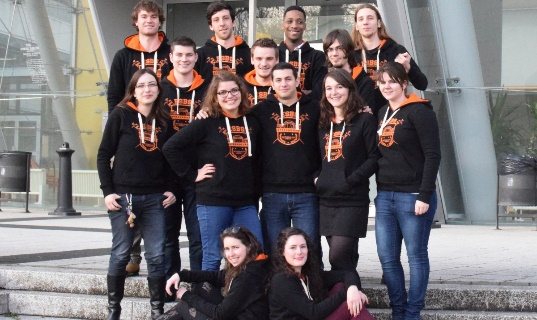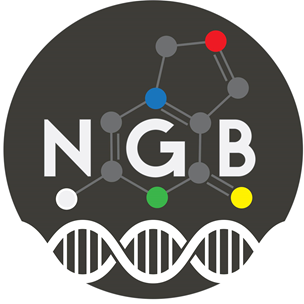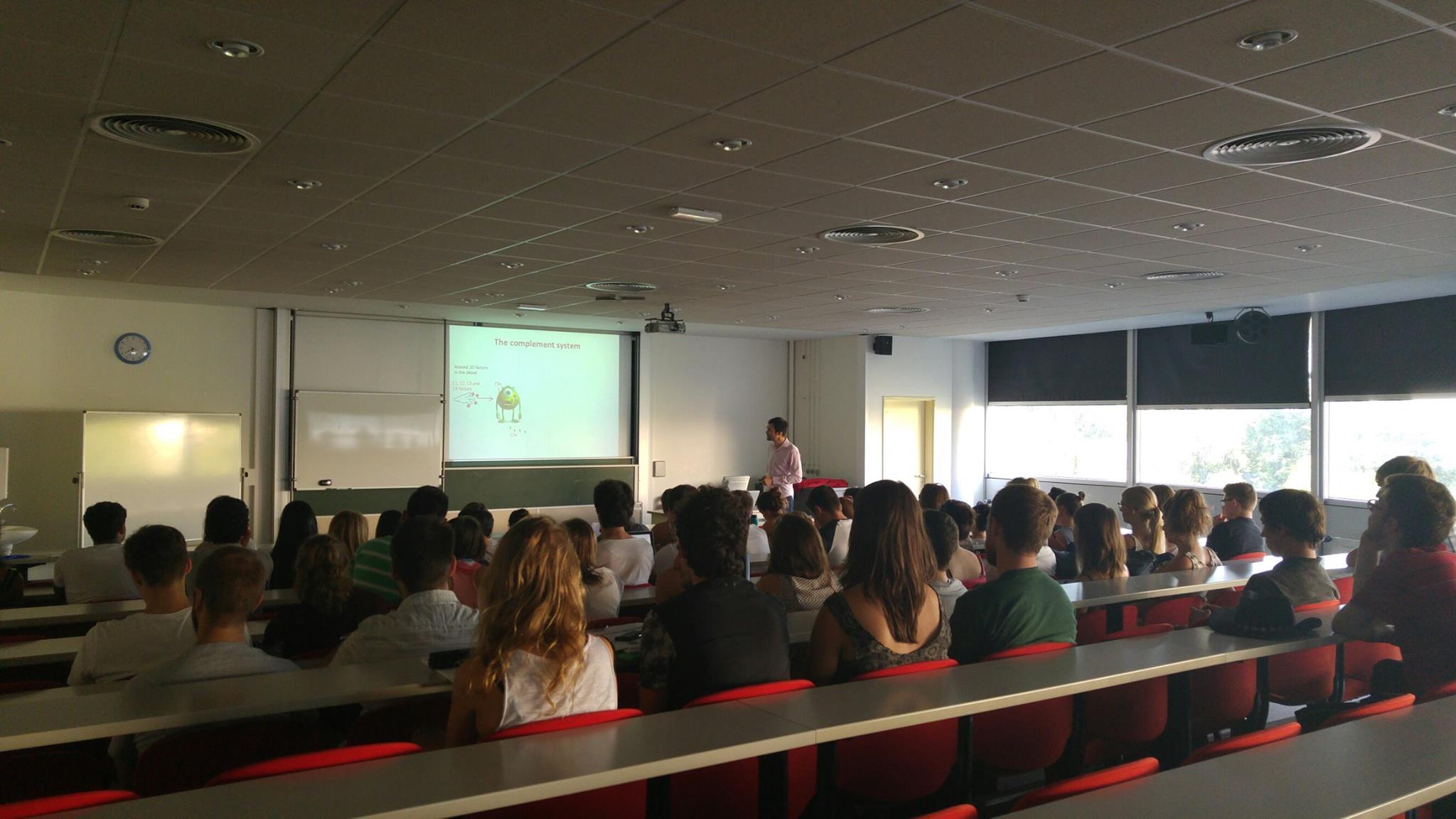Students
The graduating class size of 40 students ensures individual attention by the instructors, so that one stays within the study limit of six semesters. This personalized atmosphere promotes development of soft skills such as communication, team work, a sense of responsibility and interpersonal skills. Additionally, the constant contact among various nationalities facilitates communication in the different languages and leads to an more open attitude towards strangers and foreigners, so that graduates today are active around the world.

Student Club
The Amicale is the student club of the biotechnology programme. The events that they promote, organize and finance play a part in student life. Furthermore, the Amicale and delegates of each graduating class keep in contact with the administration and instructors.
Together with the Télécom PC student office they also take care of the welcome and orientation of each year's first-semester students. The established mentoring system also plays a big role. This persists over generations, and provides for the inclusion of first-semester students into a "family". This family plays a role during orientation and studies through helpful tips and sharing of experiences.
In addition, they organize social evenings in the student lounge, sport outings and special events for St. Nicholas Day, Valentine's Day or great weather. The student lounge is right on campus and is composed of a large hall with kitchen and bar, a games room, a workout gym, a room for music practice, a laundromat and toilets. It has about everything a student needs, aside from the University.
Professors
All three partner universities send instructors out to the ESBS. For this reason, almost all lectures are in Strasbourg, with the exception of certain practical courses.

NGB
The "Nouvelle Génération des Biotechnologistes" (NGB) brings students and young biotechnologists together.
The NGB regularly organizes seminars, discussions and tours of institutes or companies. Thereby, the ESBS students comprise a large part of the board members of the NGB.

Text translated from the original by Dr. Edwin Groot